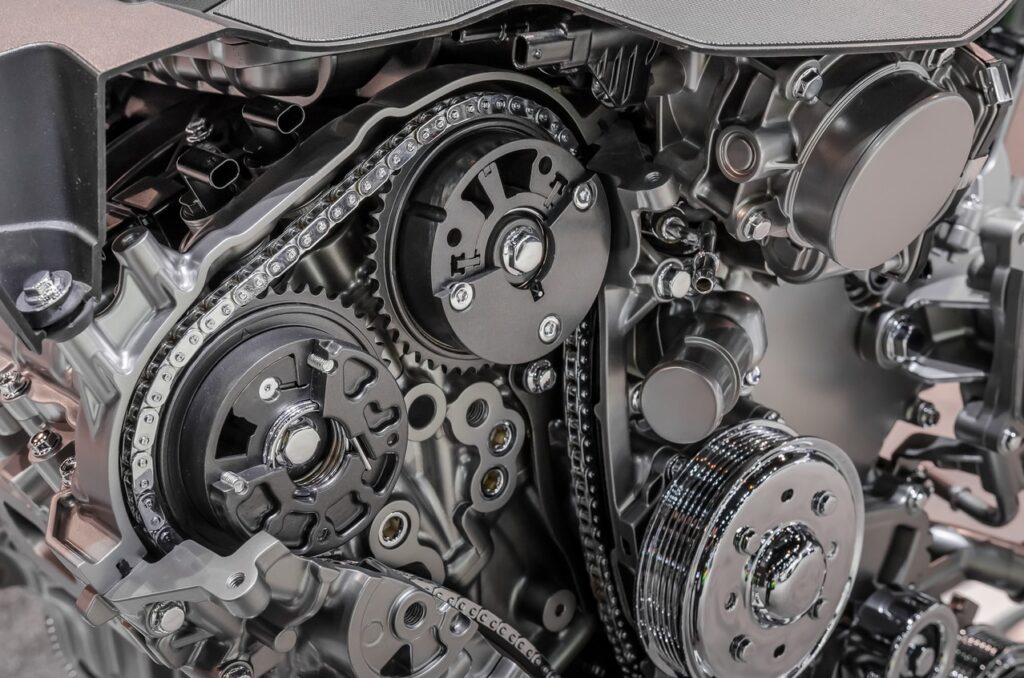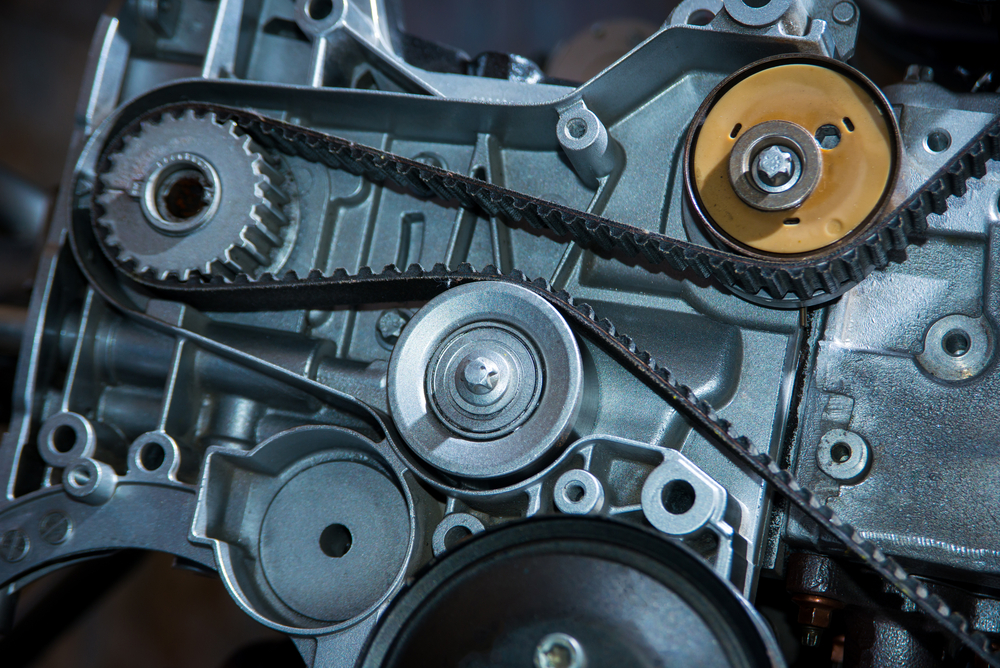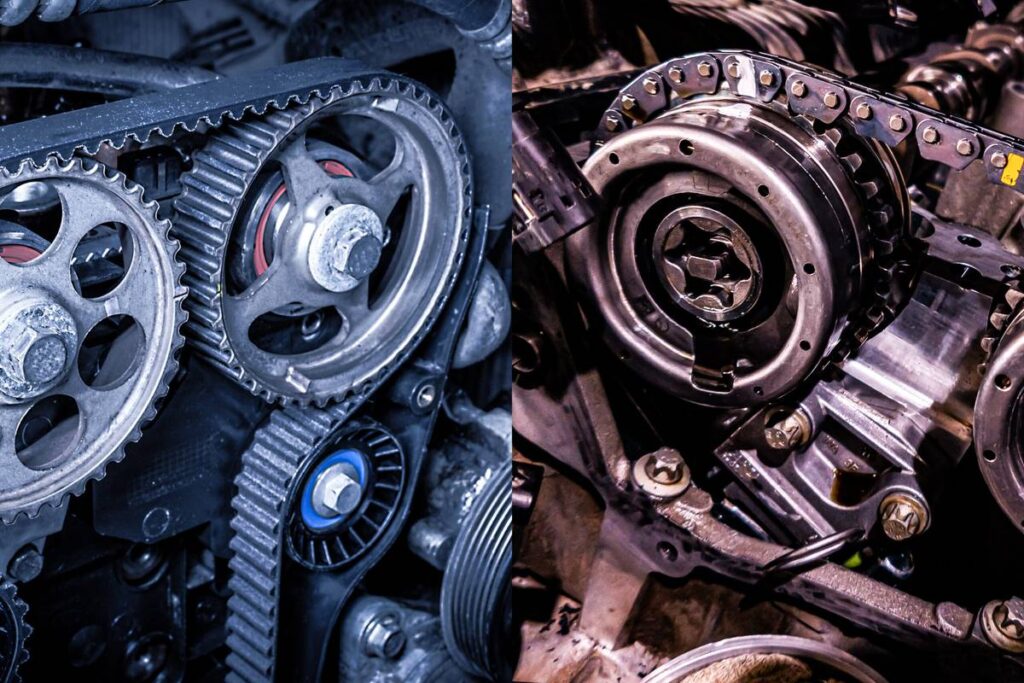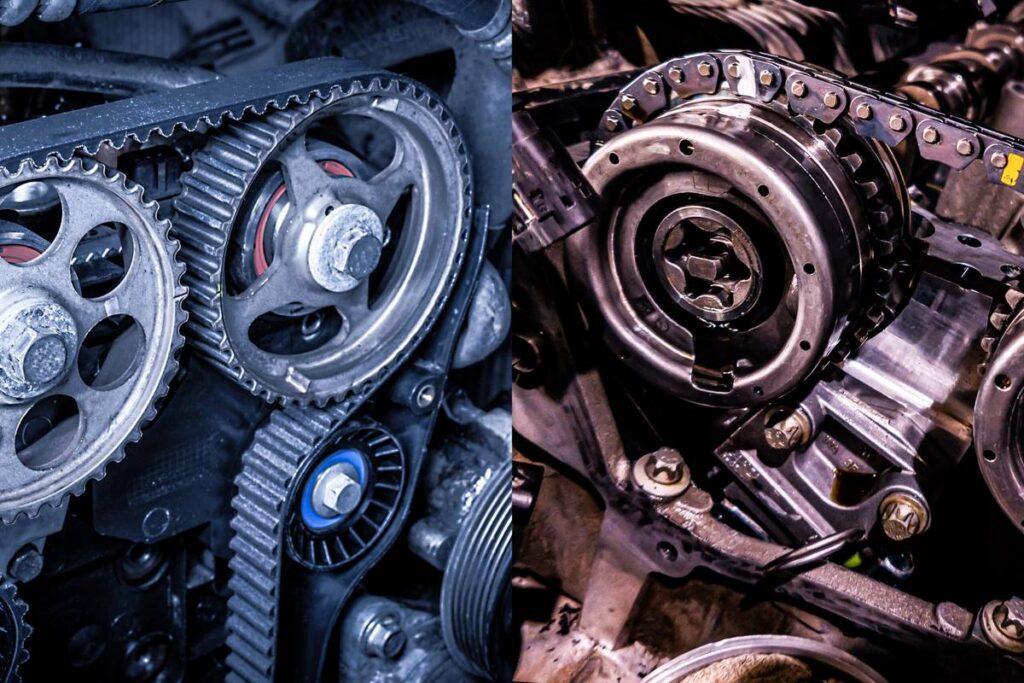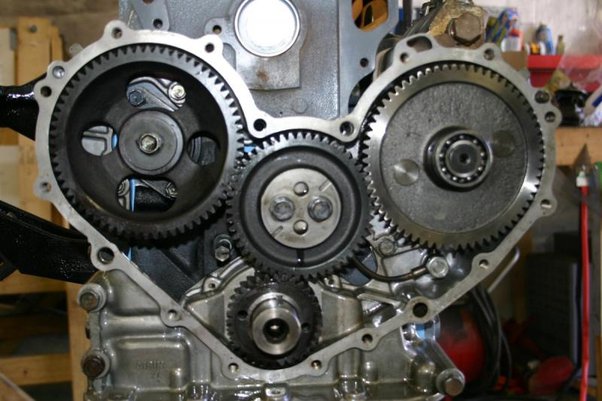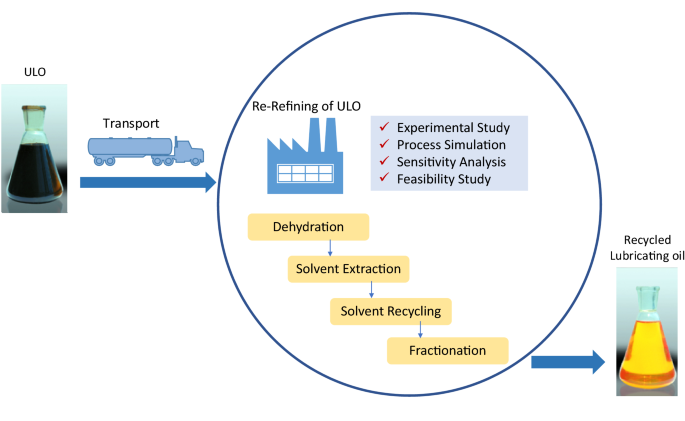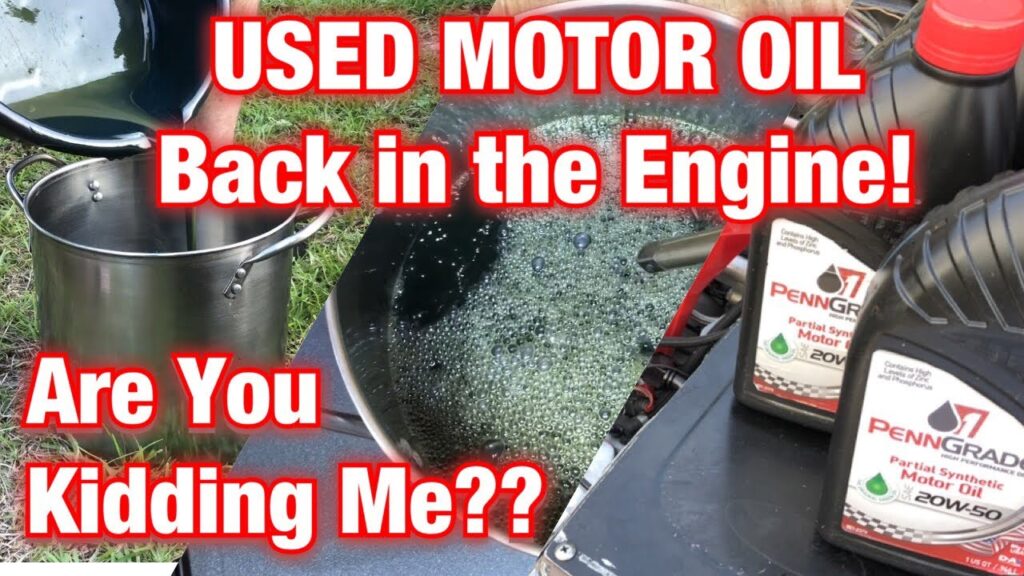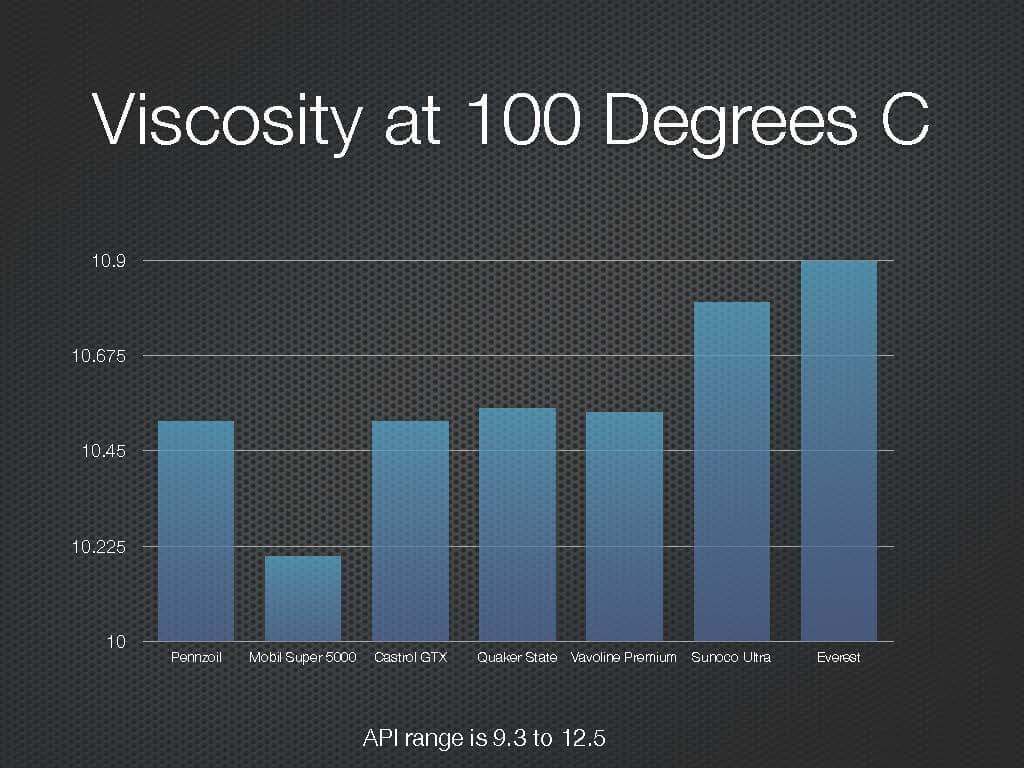Which is Better Belt Or Chain? Unveiling the Ultimate Choice
When it comes to mechanical systems, the debate between belt and chain drives has been ongoing for a long time. Both options have their own set of advantages and disadvantages, and choosing the right one depends on various factors such as application, maintenance, cost, and performance. In this article, we will explore the characteristics of […]
Which is Better Belt Or Chain? Unveiling the Ultimate Choice Read More »

